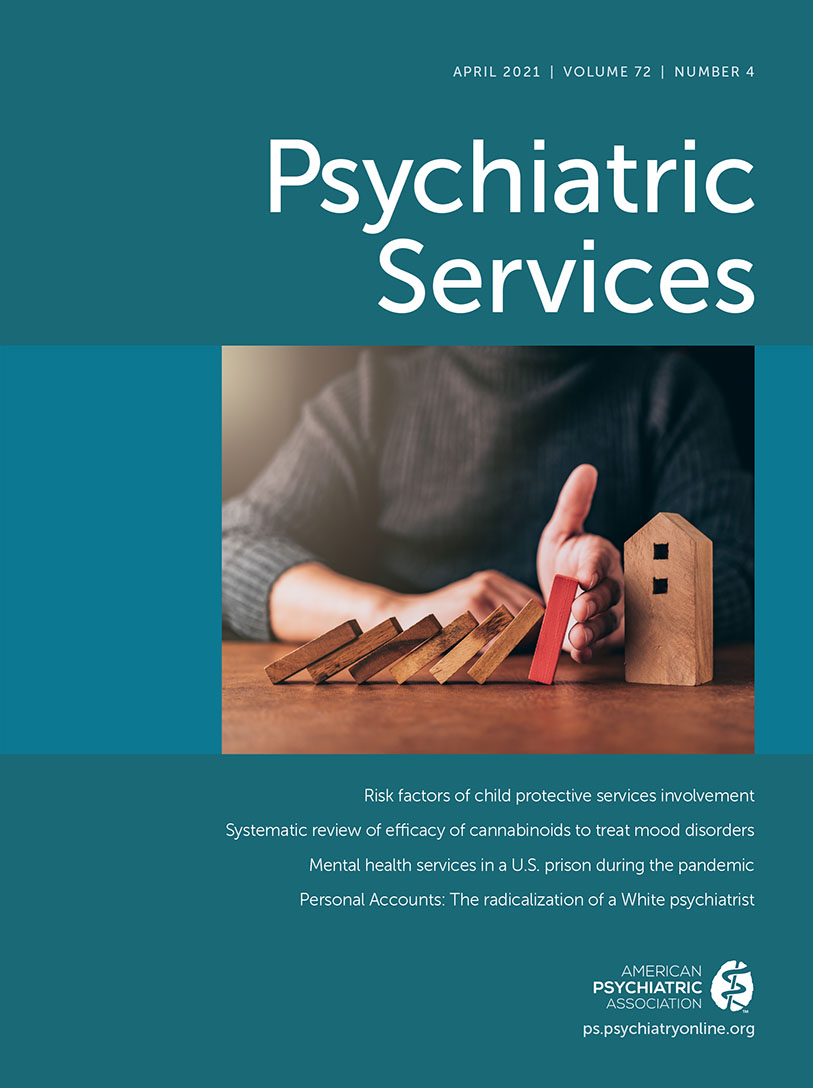Evidence for Use of Cannabinoids in Mood Disorders, Anxiety Disorders, and PTSD: A Systematic Review
Abstract
Objective:
Two primary compounds of the cannabis plant (Cannabis sativa), delta-9-tetrahydrocannabinol (THC) and cannabidiol (CBD), differentially and dose-dependently affect mood and anxiety. In this systematic review, the authors summarize the design and results of controlled trials assessing the effects of THC and CBD on affective disorders, anxiety disorders, and posttraumatic stress disorder (PTSD).
Methods:
A keyword search of eight online literature databases identified eight randomized controlled trials of defined CBD or THC doses for the target populations.
Results:
A 1-month trial of daily THC (up to 3 mg per day) for DSM-II anxiety disorder reduced anxiety symptoms, but symptoms were very low throughout the study. Another trial of sequential, single-day, low-dose THC in social anxiety disorder found no symptom changes. Two studies reported that single-dose CBD pretreatment reduced anxiety in laboratory paradigms among individuals with social anxiety disorder. A study of daily CBD for 4 weeks among adolescents with social anxiety disorder indicated modest symptom improvements. One crossover trial involving 10 patients with PTSD showed that THC added to standard pharmacotherapy reduced self-reported nightmares. Two small studies of THC for hospitalized patients with unipolar or bipolar depression found no improvement of depression; instead, anxiety and psychotic symptoms emerged in >50% of patients.
Conclusions:
With only eight very small studies, insufficient evidence was found for efficacy of CBD and THC to manage affective disorders, anxiety disorders, or PTSD. Therefore, medical cannabis should not be recommended for treating patients with these disorders. Further research should investigate the safety and efficacy of managing psychiatric disorders with cannabinoids.



